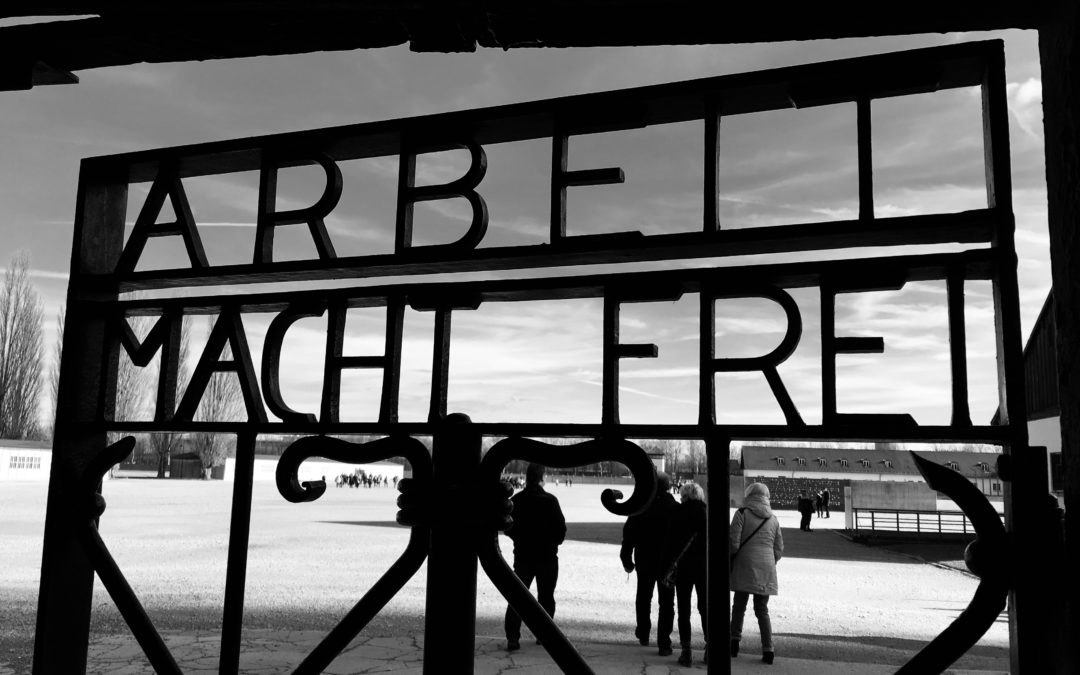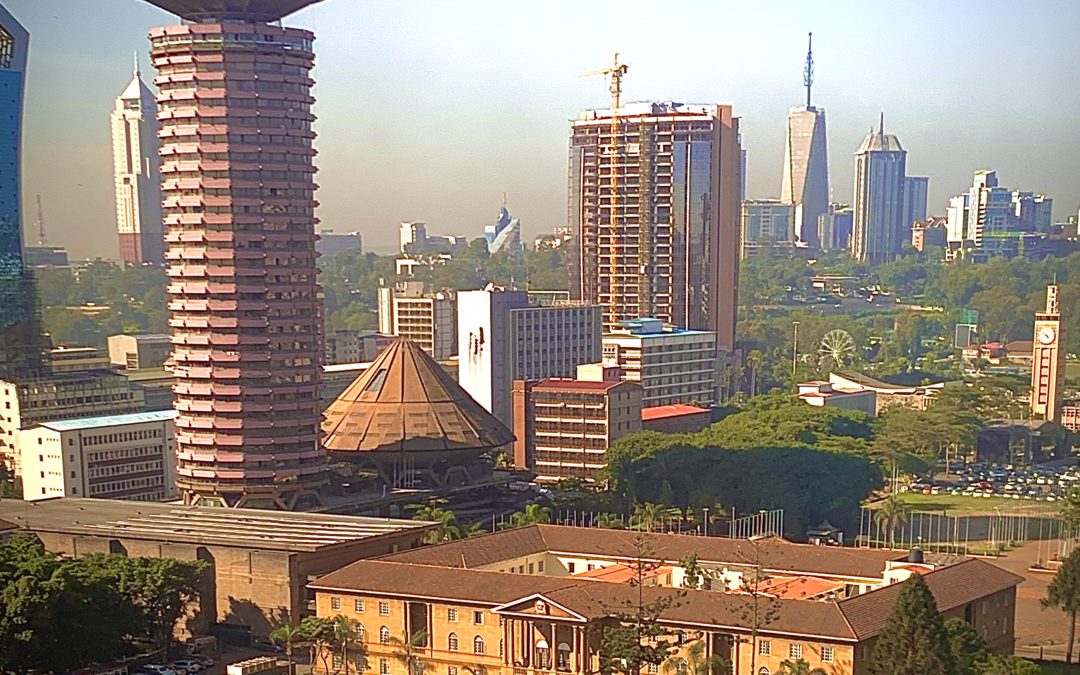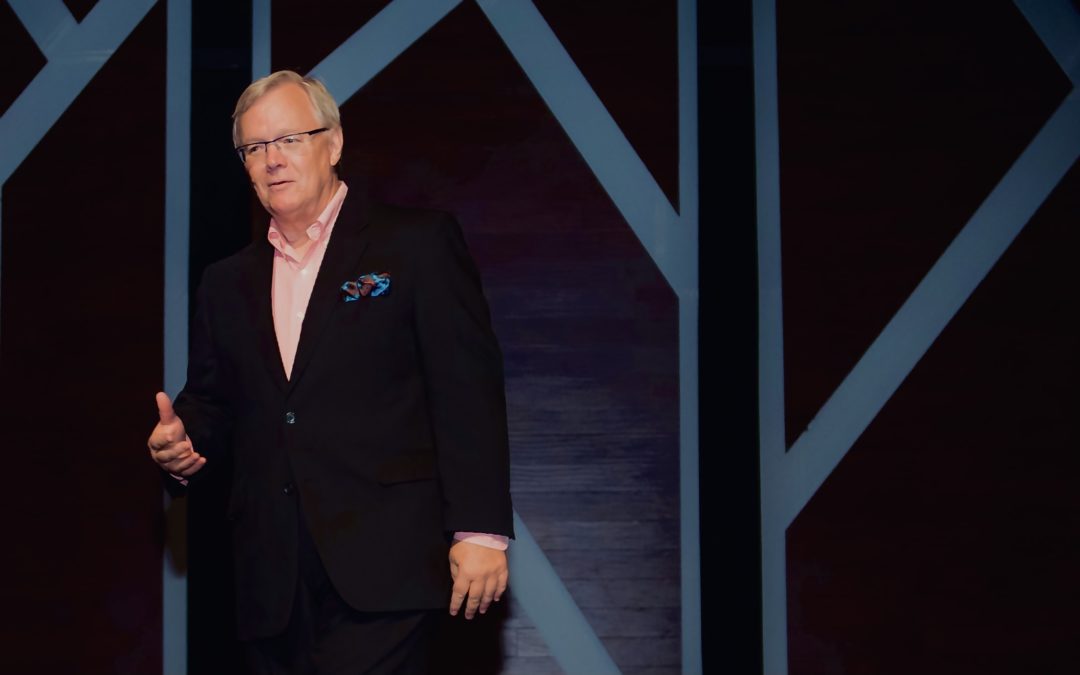
by Dr. Ed Brenegar | Mar 13, 2021 | Book, Circle of Impact, Ideas, Impact, Relationships, Structure, Transition, Uncategorized
I came to realize through working with leaders and their organizations that their problems were not just organizational. Within their teams and workforce, there were philosophical differences that made creating a culture of trust more difficult. I found that when the ideas that we identify as values were treated as secondary or optional aspects of the business, it also contributed to difficulties in how people worked together. Trust in relationships is a product of clarity of not just the why of the company, but the how. It doesn’t take long talking with people from any business to discover if they are clear about the company’s values and goals. When that clarity is missing, there is reticence on the part of employees to give their best each day.

by Dr. Ed Brenegar | Mar 2, 2021 | Book, Circle of Impact, Community, Ideas, Impact, Relationships, Structure, Transition, Uncategorized
I was at a transition point in my life. I was asking questions that you may have asked yourself at some point in your life. My transition point had me looking at decisions about where I would live, how I would financially support myself, and what difference I would make with the rest of my life. These decisions followed a time of loss where my consulting practice slowly dried up, and then, after moving from being a board member into the executive director role, I was terminated from the nonprofit organization that I led. During this time, my marriage of thirty years ended.
…
Sitting in my apartment one night, the question of what my life was to be in the future became crystal clear to me. I saw myself starting over. I realized that my life was not done, there was much to do, and that my best, most important work was yet to be. So that evening, I decided that for me to start my life over, I had to move.

by Dr. Ed Brenegar | Feb 25, 2021 | Book, Circle of Impact, Ideas, Impact, Relationships, Structure, Transition
In the mid-1990s, I started my consulting practice with the aim of helping leaders strengthen their organizations, with the larger goal of strengthening their local communities. As one project after another came, a pattern began to emerge. Problems presented to me often turned out to be symptoms of more complex problems. These were not isolated incidents. The situations and the kinds of organizations were not similar. Their problems were similar. But more importantly, they were not getting resolved by the way we have all learned to solve problems. For as long as I’ve been working in organizations, the belief has been that the solution is in the problem itself. This approach failed to understand that there is always more going on than the problem itself.

by Dr. Ed Brenegar | Feb 23, 2021 | Book, Circle of Impact, Impact, Relationships, Transition
It was never my intention to become an expert on change. Yet at each transition point in my life, I discovered something about myself that made the experience of change beneficial. Even in situations of change that followed failure or loss, I found that change was like living in a large house. It comes to us when we cross a threshold to enter a new room. The house is our whole life. Each room represents a part of the life that we have lived. All the rooms are our rooms, even when they seem different from one another.
…
I know many of you have experienced similar difficult changes in life. You look back with regret, sorrow, and feelings of guilt. You may feel that life dealt you an unwinnable hand. Anger and bitterness have become a constant presence because the life you desired has not happened. The old saying that misery loves company we find not to be true.

by Dr. Ed Brenegar | Feb 18, 2021 | Book, Circle of Impact, Transition, Uncategorized
“Today, at this point in your life, what do you want to change? What is that one thing that has a hold on you, that won’t let go, because it’s calling you to do something about it? What’s stopping you from doing something about it today?

by Dr. Ed Brenegar | Dec 3, 2020 | Ideas, Impact, The Pressing Issues, Transition, Uncategorized
We live in a media saturated, propagandized world. Everywhere I turn I encounter people who are living in fear. Paul Virilio, a decade ago, called this culture “the administration of fear.” If you live with fear, you won’t ask questions. Yet it is only in asking questions, in being skeptical, that we find truth. Not political truth which is mere propaganda as current situation proves. But the truth that we can live by.







